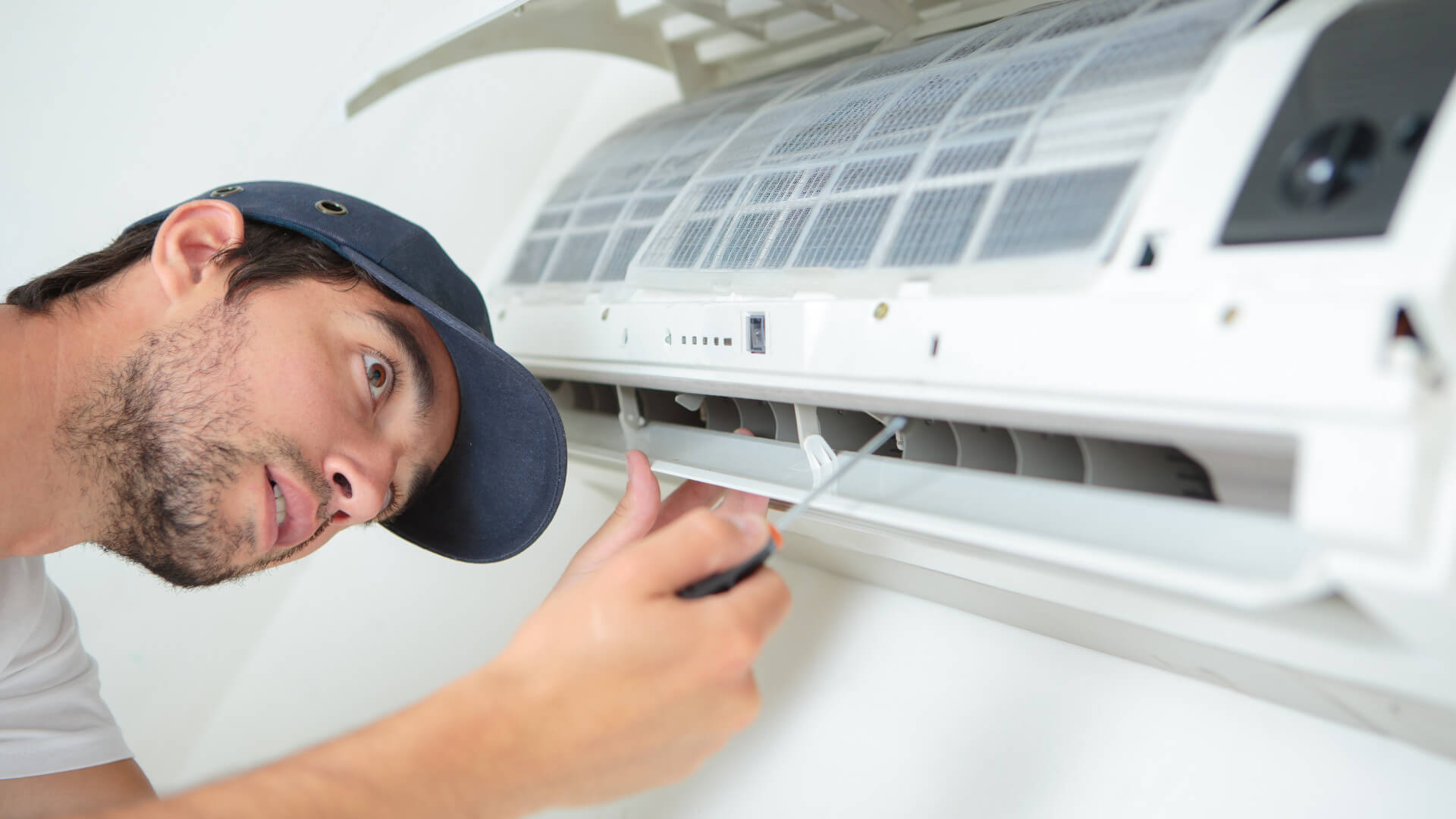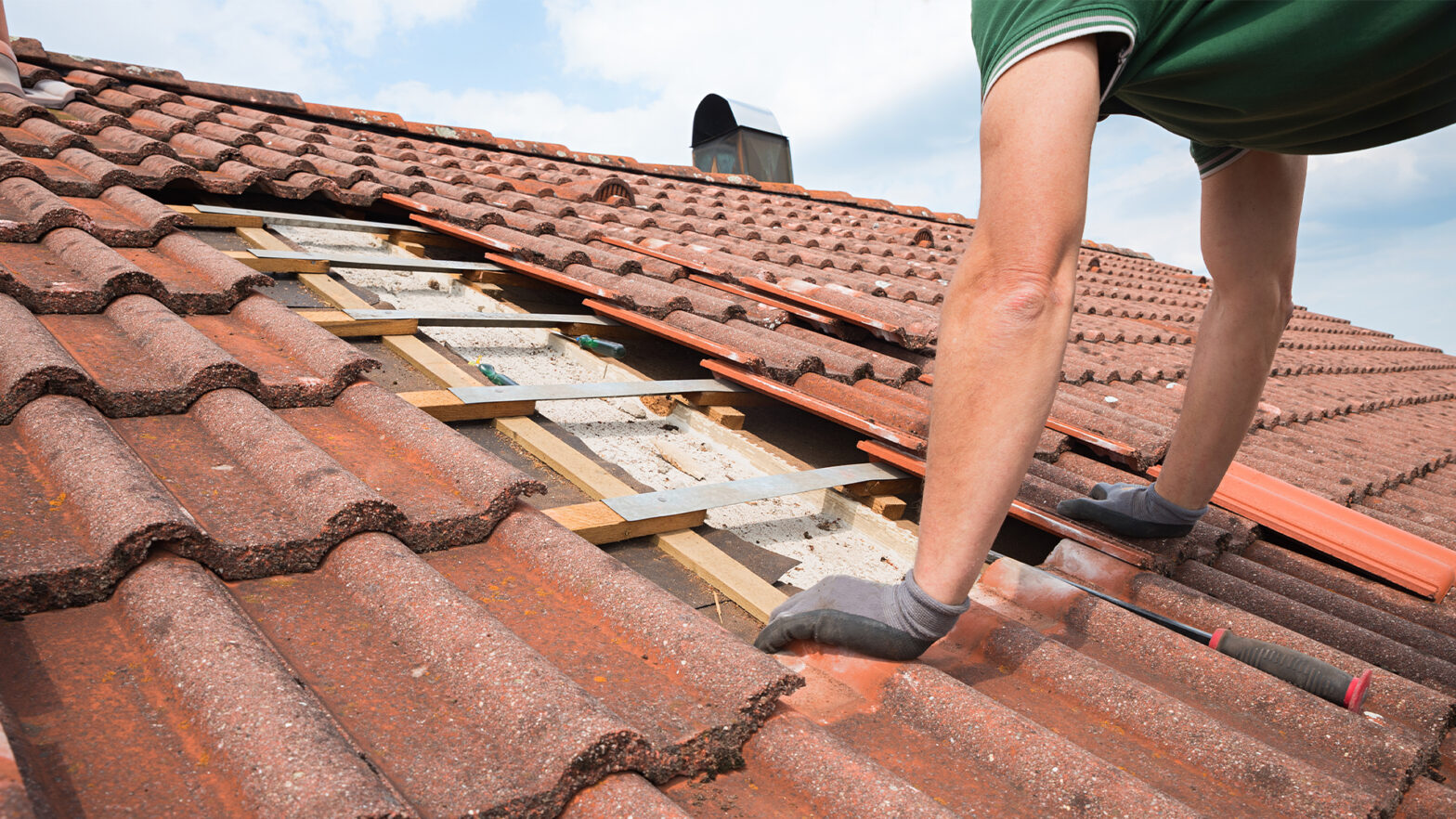With summer winding down, you’re sure to get plenty of phone calls from customers who want maintenance done on their air conditioners. Temperatures are dropping, so it won’t be as big a deal if they need to shut their HVAC units off for a day or two.
Before you hop in your truck and drive to their homes, consider these six tips for offering the best service possible.
1. Listen to the Unit Run
Once you get to a client’s home, one of the best things you can do is turn on the AC and listen to it. Does it make any unusual sounds or rattling? Do you hear any metallic noises? Anything peculiar could indicate a problem or damage that occurred during the summer.
Ask the customer if they’ve heard anything odd, too, since they’re the ones who listen to it every day. If the noise started out of the blue, do they remember anything that happened that could have caused damage? Perhaps there was a thunderstorm, or they cut back the bushes near the exterior air intake.
2. Use a New Air Filter
Most customers will have replaced their air filter at the beginning of the summer — hopefully. However, after an entire season of use, it will need to be replaced again. Outline the benefits of new air filters to your clients and recommend how often they should switch it out.
Changing this component ensures occupants are breathing cleaner air, which is good for their health. It also reduces the strain on the machine, allowing it to perform better and more efficiently. In fact, replacing a clogged air filter can reduce energy consumption by 5 to 15%, which is a significant savings.
3. Check All Electrical Connections
Another step in your end-of-summer maintenance routine should be to check the unit’s electrical system. Ask your clients about any recent power outages, which can cause their system to short circuit. A faulty thermostat, bad capacitor or incorrect fuse type can also create a wiring issue.
You should look around for wires that may be dislodged or have lost contact with the power source. Don’t forget to check for stripped and pinched wires in the system, too, as these are dangerous and could be a fire hazard. If you find any damage, you may have to replace the wiring or insulation.
4. Clean and Unclog Condenser Coils
Now it’s time to check the condenser coils, which can get dirty and clogged with debris after prolonged use. Vacuum or clean away debris from the exterior fins of their AC units. Check the fins themselves to assess any potential damage, and straighten them if necessary.
While you can easily hose off AC coils, you’ll want to remove the casing as well to clean inside the unit. You can also talk to the client about clearing away bushes and weeds within two feet of the system, which can cause debris to make its way inside.
5. Talk About Upgrade Options
If you notice your client has an old and outdated air conditioning unit that may not perform at its best, talk to them about upgrade options. Most air conditioning units need to be replaced about every 10 years — though some will last longer depending on quality, frequency of use and upkeep.
For instance, if their old unit needs an expensive repair to keep it running for the next season, it may be more cost-effective to invest in a new machine. You can also ask about how well the unit works. If it can’t keep the home at a comfortable temperature, it may not be running efficiently.
6. Add in a Furnace Tune-Up
With summer quickly disappearing, colder temperatures are on the horizon. When you visit your clients for AC maintenance, ask them if they’re interested in a furnace tune-up. The two services pair nicely together.
Like checking out the AC unit, a furnace tune-up will include inspecting the home’s air filter to check for restricted airflow. You can also examine the air vents, lubricate parts to reduce fiction and look for signs of wear. As a result, homeowners will have peace of mind knowing their HVAC systems are in tip-top shape for the coming season.
How to Maximize Your AC Maintenance Routine
With summer coming to an end, fewer people will call about problems that suddenly leave them without cold air. However, many homeowners want to ensure their units can survive another year. Follow the tips above to offer the best service possible and gain repeat business.

































